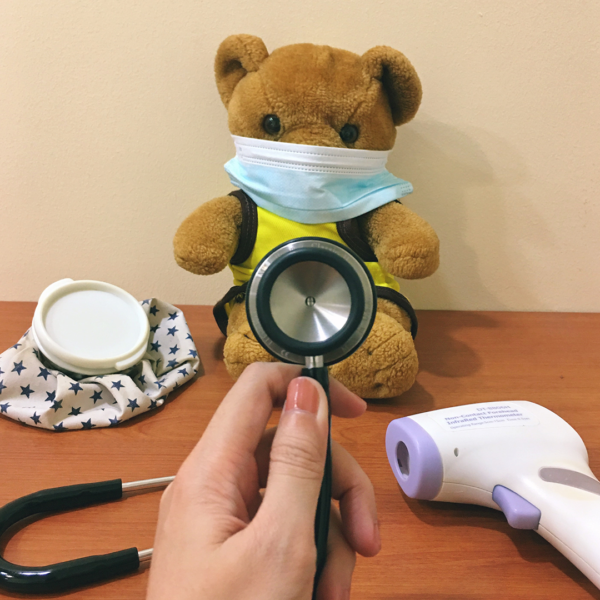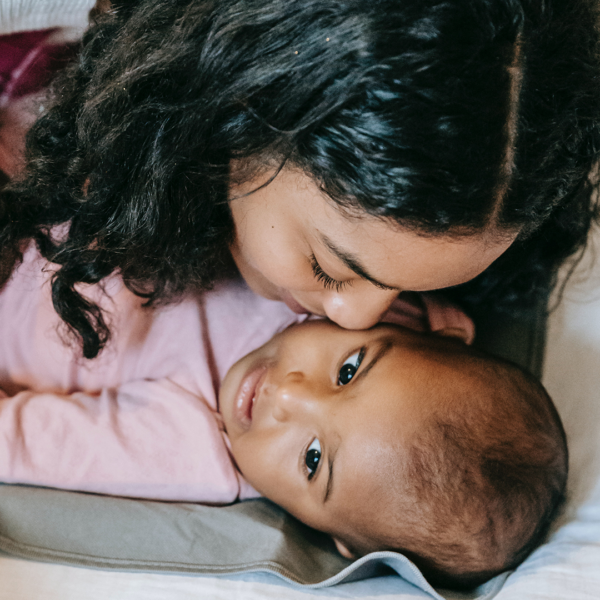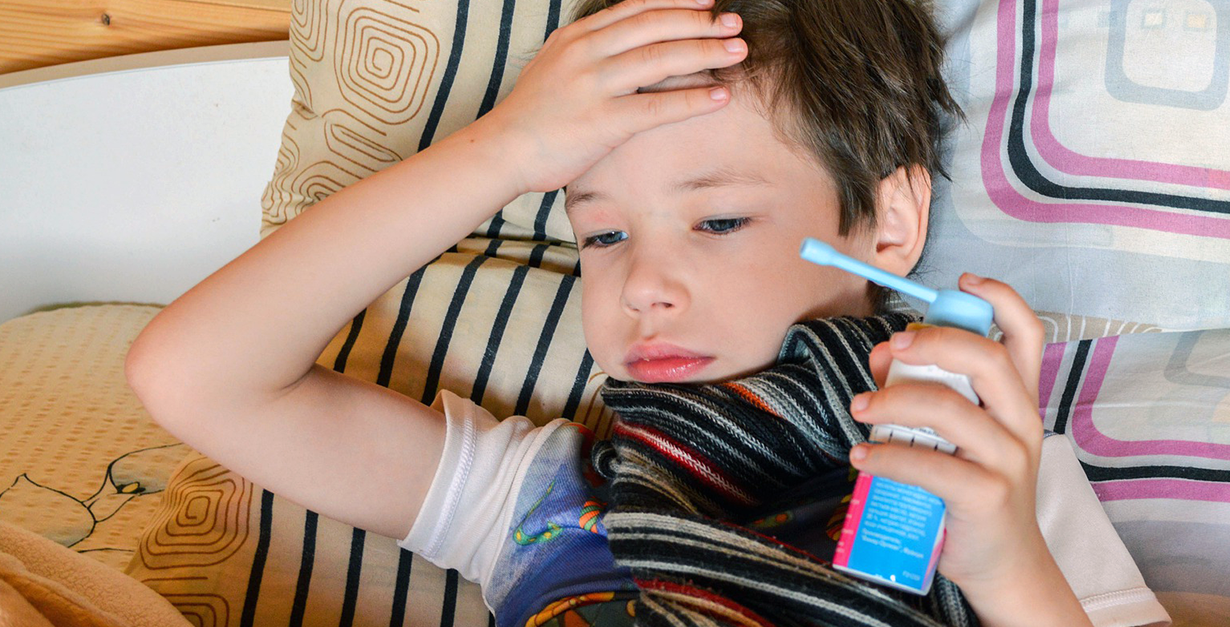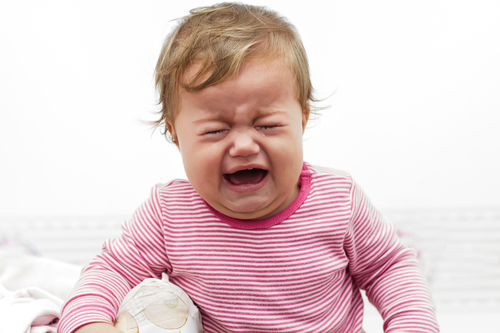How to Get Your Baby Back to Sleep after Being Sick
When you’re little, being sick is hard. Being sick is probably harder on us adults who have small children. Suddenly, the routine is out the window and we’re just doing whatever works at the moment to make sure that our children stay hydrated, get sleep, and get better. With all the worry that comes with our children getting sick, it’s no wonder that our routines take a backseat. Don’t worry! You can get your baby back to sleep after being sick.
If stuffy noses, aches, and fevers have your entire baby sleep schedule out of sorts, read on! We’ll cover:
- Pausing your sleep training
- Why it’s ok to backslide
- Respond to your sick baby quickly
- Expect to provide expect to provide extra support
It’s Okay to “Pause”
If your child has a high fever, vomiting, or diarrha, please do whatever you need to do to make sure that he’s cared for and comfortable. You can always focus on good sleep habits later.
If you’ve just started sleep coaching, then it’s perfectly okay to take a break and “pause” wherever you are in the process. Don’t abandon your sleep coaching, simply maintain your chair or hallway position until your child is feeling better.
Want to know more about the Sleep Lady Shuffle?
Read: The Sleep Lady Shuffle: How to Gently Sleep Train your Baby
Be Prepared to Backslide
If you’ve completed sleep coaching with your child — especially if the completion is recent — be prepared that your perfect sleeper may need some help. Don’t worry; you’ll be able to get your baby back to sleep after being sick, but you might have to review The Shuffle.

Respond Quickly
Know that your child genuinely does not feel well, and that’s okay. Make sure that you respond to her cries immediately at night so that you can meet her needs. If you feel helpless being sick, imagine how your little one feels! You’ll get your routine back after your child recovers. It’s more important to respond to cries during this time, as your child does genuinely need your help.
You want to be careful that you don’t overdo your help, however. If your child has recently moved into her own bed, you can absolutely sit by her bed and comfort her, rather than bring her into your bed at the first runny nose.
Sickness causing a sleep regression?
Read: Sleep Regression: When, Why, and How to Solve It!
Provide Support
Remember, little noses mean that there is less room for air to move during a bout with an illness. When your child’s sinus cavities are enflamed, breathing can be a challenge. Talk to your pediatrician about ways that you can help your child be more comfortable during sleep. Some common recommendations are to utilize a humidifier, prop the mattress, or adjust the thermostat.
Once your child is feeling better, meaning that her symptoms have dissipated or disappeared, you can get her sleep coaching back on track.
Expect Night Wakings
I’m sure that you noticed your child was up and down during the night with their illness. Know that this pattern may continue for a few days as she recovers, but know that you need to gently guide her back to bed after she’s gotten what she needs.
Return to your chair position and guide your child back to sleep just as you would a normal night waking once the worst of the illness is over.

Getting Back to Sleep After Being Sick
If you stopped The Shuffle, or have a child who has established good sleep habits, be prepared to step back a chair position or two. What this means is that if your child was sleeping well, they may need the reassurance of your presence. You may even need to sit in their room by their door for a few nights.
If you were mid-Shuffle and had to pause, it’s okay to go back a few nights and repeat the same chair positions as you help your child remember their good sleep habits. I would rather you move closer to their bed then completely regress during the middle of the Shuffle.
Have no idea where to begin solving your child’s sleep issues?
Start with this guide.
Keep the Humidifier
Even if your child is feeling better, their nasal passages may still be enflamed, causing him breathing issues. If you can, keep a humidifier in their room at night, at least for a few nights to help them continue to improve their breathing. Humidifiers increase the amount of water in the air, and can be especially helpful during an illness, or if the temperatures outside are causing extremely dry air.
Remember, being sick takes a toll on everyone, especially your child. Going back to your routine is not going to happen overnight. Take it slowly. You will get there, but patience goes a long way. Remember, sleep coaching is about gentle, gradual change, and your child has just recovered from being sick, so understand that she may need a few extra nights to get back to sleep after being sick.
Wondering about your newborn’s sleep?
Read: Common Newborn Sleep Problems and What to Do About Them




